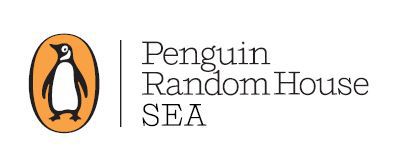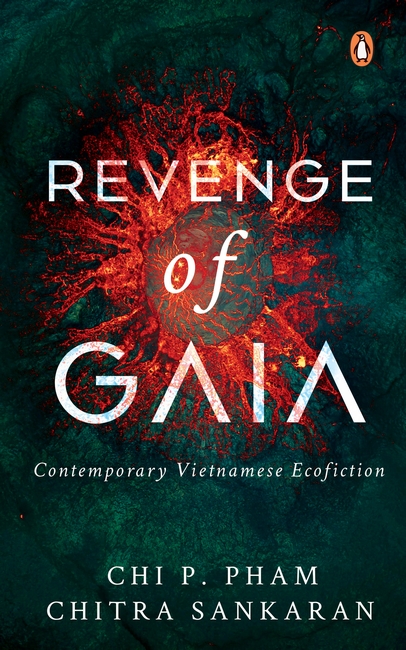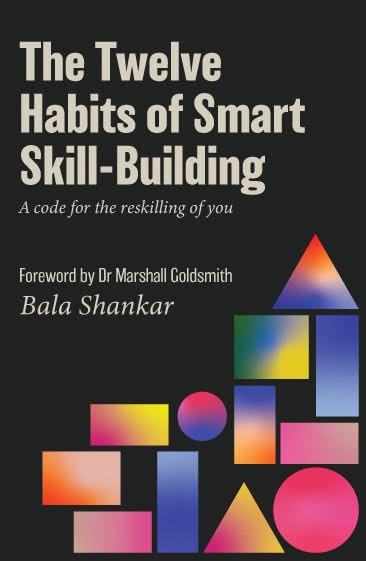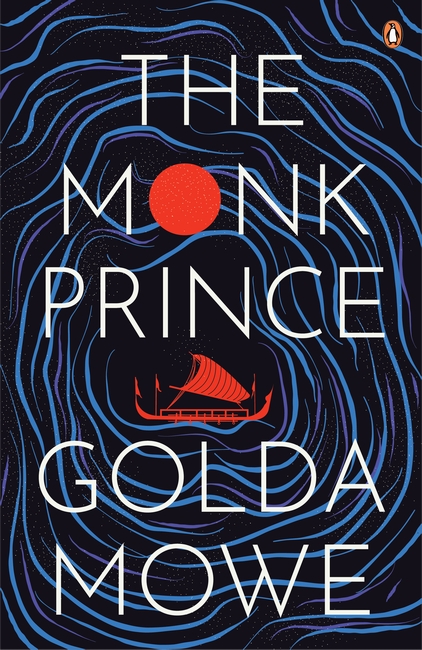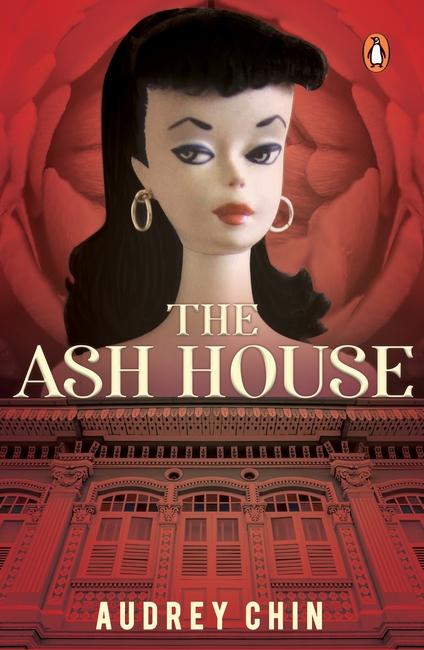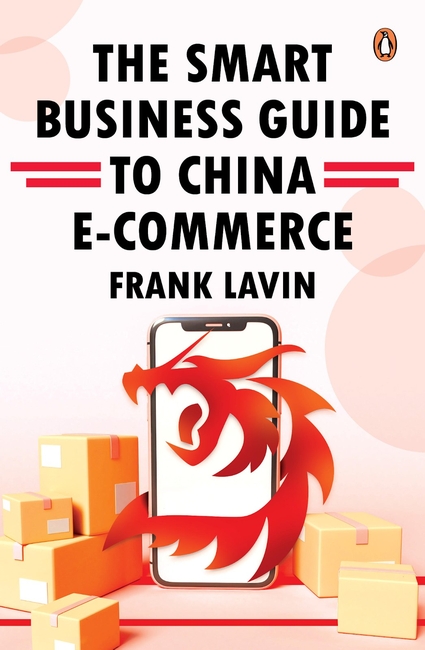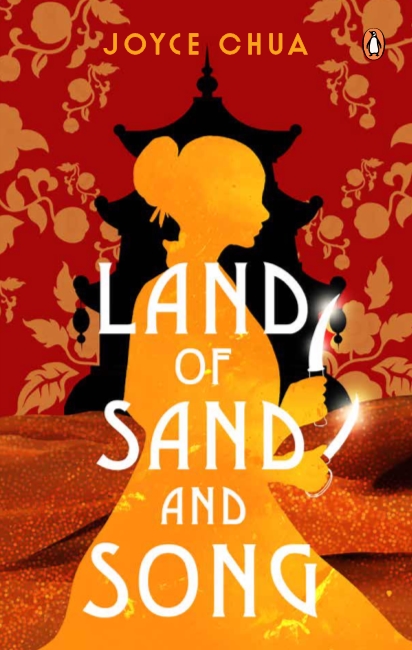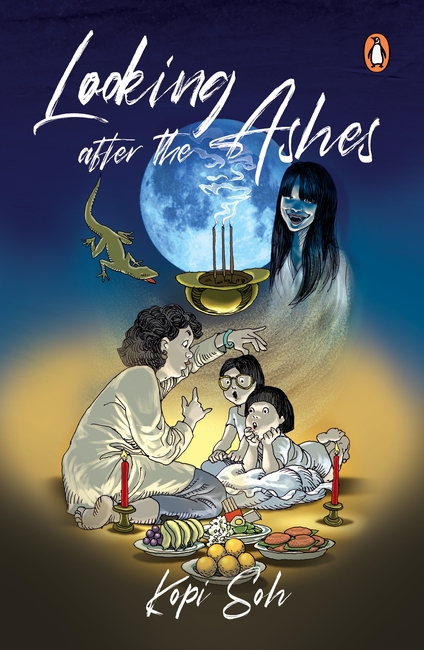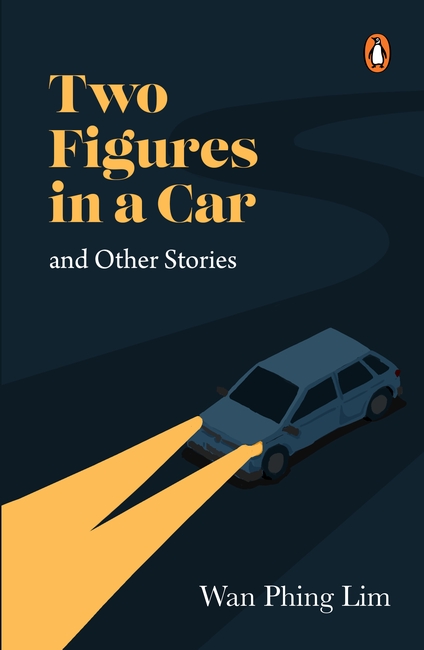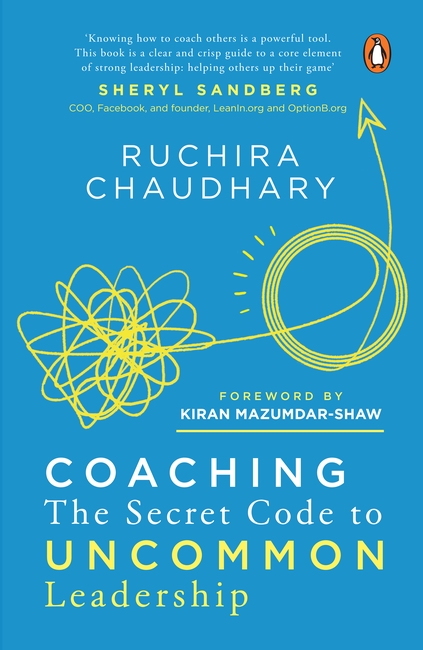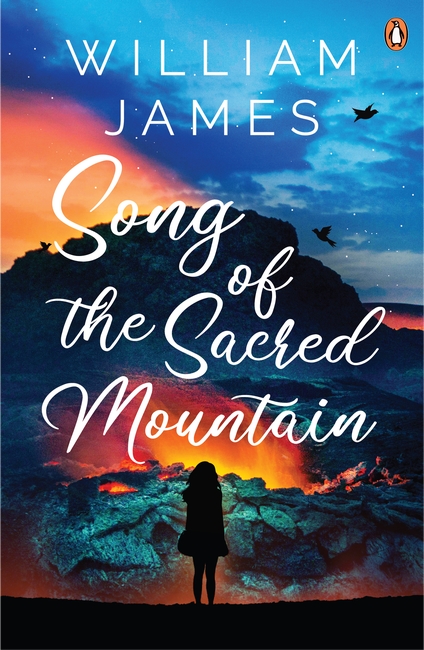Vietnamese literature, officially an ideological state instrument of nation-building, eulogizes acts that celebrate the victory and the power of human beings over the natural world. Generations of Vietnamese have been taught in school that Vietnam has ‘forests of gold’ and ‘seas of silver’ as well as fertile land. Vietnamese literary works, whether about the non-human or the human world, potentially reflect and resonate to these political orientations in environmental policies that ultimately serve the path to ‘progress’, ‘development’ and ‘modernisation’ of the nation.
The fiction chosen for this collection have been in active circulation in Vietnam since 1986, ‘The Reform Year’, when Vietnamese artists and writers were politically and culturally ‘liberated’ and engaged with great commitment in criticizing, among other things, the government’s environmental policies and ways in which these were enmeshed in economic strategies and schemes for so-called national progress. Thus, modernization and industrialization that were the chosen paths of the postcolonial Vietnamese government, become the major targets of contemporary Vietnamese ecofiction.
All these stories, extremely contemporary, emphasise a counter-narrative that challenges socialist goals of development and modernisation. They articulate and affirm a more holistic vision, where man is no longer a predator but a participant of nature. These stories therefore are politically charged and pave the path for a more visionary future.
Archives: Books
The Twelve Habits of Smart Skill-Building
Human improvements have always been the backbone of inventions that advanced mankind. These were based on both knowledge and skills that we gained from time to time. Never before in the past decades has the topic of skills received as widespread attention and debate as now, with dominant opinion equating success with upskilling or reskilling – and failure with stagnant skillsets.
The concept of lifelong learning is challenging the old school maxim of frontloading all education. It is therefore intriguing to understand how people can take their core skills to new areas of work. What is the morphing mantra? How do people reshape their skillsets even when they are out of school? As knowledge and skill become increasingly crucial in the human versus machine competition, should we be analysing how we use old skills to do new tasks? And develop new skills with old abilities? What habit patterns helped successful people embrace skill-learning and build it as a second nature?
The Monk Prince
After twenty years of searching, King Waluyo finally gets his son back. He cannot understand why his beloved younger wife had insisted that their son become a monk. What was she hiding from him? Why did she want to separate their only child from him? When he learns that Alak Tegoh the crown prince is not his biological son, he realises that Queen Megabintang may have poisoned his other children. To protect his only living child and the people of his kingdom, Waluyo must use all his political acumen. His biggest hurdle, however, is Parantapa’s attitude towards politics and war. Can he persuade his son to relinquish his Buddhistic upbringing of non-violence? Or will he fail and see all that he has built fall into the hands of his brother-in-law, King Jayagapor?
The Ash House
The Tjoa ash house originally intended for ancestral tablets has stood at the top of Kota Cahaya’s exclusive Green Hill for a century. Now, it is all drooping lintels and sagging roof; a haunted house with a haunted heir in it-Arno Tjoa, a Barbie-doll fixated cripple whom Sister Mary Michael, the clairvoyant nun, has been sent to set free.
Arno believes that Bing Fa-the fascinating spirit of a pipa-diva trapped in a ghost marriage to his grandfather-is the key to solving the misfortunes plaguing the house. All will be well with Girl, the comatose maid he is obsessed with, Irene Tjoa his controlling aunt, and the Tjoa fortunes if Bing Fa is released from her doll-house prison.
However, as the family’s skeletons are unearthed, the nun realizes it is not in her power to save everyone or everything. Who must be sacrificed? What must be left to turn to dust?
Set in a 21st century Southeast Asian port city where spirits still linger, The Ash House weaves between the visible and invisible to tell the story of an overseas-Chinese merchant family haunted by the legacy of love gone wrong, with an ending both unexpected and heartbreaking.
The Smart Business Guide to China E-Commerce
‘The Smart Business Guide to China E-Commerce is for any business that is thinking about a China strategy or how to approach international e-commerce. China has perhaps one of the most advanced e-commerce ecosystems in the world, and every retail brand needs a China e-commerce strategy. This book tells you how to make the most of this for your company.’
— Vamsi Mohan Thati, President, Coca-Cola Greater China & Mongolia
China is the largest e-commerce market in the world and the most digital of the major economies. At the same time, many international brands are intimidated by the China market given their lack of familiarity and the significant cultural and language differences.
The Smart Business Guide helps bridge this gap by providing a how-to approach to the China e-commerce ecosystem. E-commerce provides a powerful tool for brands to reach consumers and offers the predictability and statistical feedback that dramatically reduces the costs of a brand to enter the China market.
A quick, punchy read, The Smart Business Guide is a useful book for consumer brands, retailers, and entrepreneurs. It covers critical areas such as:
— How any brand can be a pure-play e-commerce brand in China
— How Chinese consumers are different from U.S. consumers
— The main platforms and social media channels
— Case studies of success and failure in China
— How to deal with market entry challenges, trademark registration, and product approval
— How to compete and win in the most challenging — and most promising — retail market in the world
Land of Sand and Song
Legend has it that a magical spring lies dormant in the heart of the Khuzar desert. Said to be a gift from the gods, the spring holds the cure to all mortal woes. As mercenaries from everywhere try in vain to find the mystical spring, 17-yearold Desert Rose is on the run after her chieftain father is overthrown and captured by rebel clans. Now out for revenge, she sets out alone to the Oasis Capital to assassinate the person instigating the rebellion: the corrupt Emperor Zhao, who will stop at nothing to possess the elixir of life from the spring. To infiltrate the Imperial Guard, Desert Rose must pass a series of trials to test her wit, mettle, and her loyalty. But the real test lies in navigating the cut throat court politics with no ally but a rogue prince and a latent magic stirring in her – magic that can bring a kingdom to its knees or destroy her from within.
Looking After the Ashes
If you eat while lying down, you will turn into a snake. If you don’t polish off all the rice on your plate you will marry a man full of pimples and pockmarks.
Looking After the Ashes is a semi-biographical fiction of Kopi Soh’s childhood stories. Growing up in a large extended Taoist influenced Peranakan family filled with strong women, Kopi hears these words of ‘wisdom’ daily. She used to live in a world where clipping finger nails at night was strictly forbidden, pointing at the moon would result in one’s ears getting chopped off, and children were forced to stay indoors during sundown for fear of collision with evil forces. A world where mental disorders and illnesses were believed to be caused by malevolent spirits. Talisman, mediums and fortune tellers were a part of everyday life.
Two Figures in a Car and Other Stories
Two figures sit in a car, waiting to commit a crime. A young girl steals her grandmother’s jade bracelet. A Malay man collects the blonde hair of a British teenager he is transfixed with, and a young woman feeds human blood to a frangipani tree.
There’s right and wrong in this world. Or is there? This collection of fourteen stories explores the grey and amoral lives of ordinary – and not so ordinary – Malaysians and Singaporeans looking to carve their place in the world.
Shifting between the dark hills of Penang island to the lonely coasts of Singapore and the cramped corners of Kuala Lumpur and Manchester, Two Figures in a Car is coloured with petty crimes, small ambitions and fantastical delusions.
Coaching
This book lucidly illustrates how a leader can bring out the very best in people by coaching them, and how coaching can unleash creativity as well as innovation while inspiring teams to play to their potential. It also examines how coaching helps leaders maintain a fine balance between managing and guiding, and between appraising and supporting their teammates. While many excellent books have been written about leadership, talent and coaching, this is a rare book that stands boldly at the intersection of leadership and coaching.
This is a book for our times. Businesses are facing a new reality, characterized by a VUCA (volatile, uncertain, complex and ambiguous) world. This new reality has forced organizations to depart from conventional command-and-control practices to a completely new model – a model in which leaders support and guide, rather than instruct and control, their team members. Exploring some of the key ingredients of impactful leadership, Coaching offers tips
and tricks, backed by research and incisive insights, on how to become an effective leader-coach. Peppered with interesting anecdotes and analogies, drawn from sports, performing arts and other walks of life, the book is a breezy read. Interviews with corporate leaders and academics further enrich the narrative. Guaranteed to make for a very interesting read, the book will be useful to leaders, aspiring leaders and especially those that wish to transition from being just good leaders to extraordinary ones.
Song of the Sacred Mountain
A seventeen-year-old academic prodigy from a small village in central Java, Lestari wants nothing more than to become a modern, self-determined woman. But she swims against powerful currents. Raised by her father, the revered guardian of an active volcano, she joins the many offerings to the sacred mountain yet begins to question their effectiveness. The more Lestari learns about science and geology, it seems, the less she believes in ritual.
When a young Dutch entrepreneur arrives in their village to explore Indonesia’s potential for geothermal energy, Lestari befriends and falls for the charming stranger, and the rift between father and daughter widens. In the weeks leading up to her high school graduation, the volcano begins to erupt, blanketing the village in ash. Shockingly, a set a tiger prints is discovered in the dust, sending villagers into a panic.
What follows is the haunting, unforgettable story of a daughter’s search for truth and a father’s unyielding loyalty. It is about the courage to question tradition, the faith to uphold it, and the love that ultimately binds them together.
An impressive debut novel, Song of the Sacred Mountain is nothing short of a triumph, an enduring, cautionary tale of a daughter’s doubt, a father’s faith, and a love that refuses to die.





